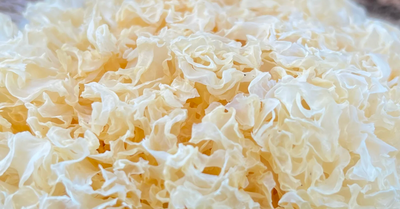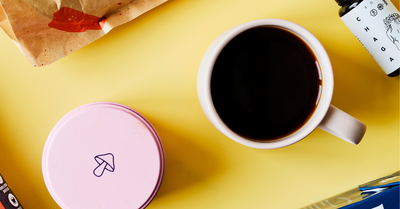
Supporting Your Holiday Skin

Supporting Your Holiday Skin
Supporting Your Holiday Skin
Skin loves sun exposure, we get that gorgeous glow and create vitamin D for our health, however sun exposure can also be damaging and we have to implement some practices to protect it and keep our skin hydrated, healthy and burn-free. Here is how we recommend you retain the glow nourishing your skin from the inside and outside!
Working from the inside out - top diet tips
Hydration - prevent dryness
All that sunbathing can majorly dry out the skin, and whilst you can moisturise from the outside, keeping your fluid intake up is essential to keep skin hydrated. Aiming for 6-8 glasses per day is a great way to start, however any excessive sweating or fluid loss will increase your fluid needs. You’ll be pleased to hear that this doesn’t just have to be from plain water; non-alcoholic, OHMG water, non-caffeinated drinks and watery foods also count towards this figure so reach for cucumber, watermelon and other refreshing and hydrating fruits and vegetables!
Low-alcohol - prevent dryness
Alcohol is a diuretic, meaning it increases our fluid output (we nip to the bathroom a little more frequently) and we end up dehydrated. Fortunately there are plenty of no-alcohol or low-alcohol options for us to enjoy with our summer BBQs, some even have added benefits! Our favourites are Three Spirit, FUNGTN and Gimber!
Antioxidants - protection
Vitamins A, C and E are antioxidants, perfect for combating the damaging effects of UV rays. Our skin protects us so the least we can do is give it the tools it needs to do this job! These vitamins are found in plenty of foods such as broccoli, leafy greens, sweet potato, avocado, berries, almonds and sunflower seeds. Selenium is a mineral with antioxidant properties and protects the skin against many of the damaging effects of UVB radiation. The best sources of selenium are organ meats, seafood and brazil nuts. Zinc is another mineral antioxidant, however this one also plays a key role in wound healing which is ideal for recovery after damage to the skin. Zinc is found in a wide variety of foods but the best sources are shellfish, meat, pumpkin seeds and chickpeas.
Omega-3 - protection
Omega-3 acts as an anti-inflammatory and maintains skin’s integrity to support your skin after sun exposure. The best sources are oily fish, including sardines, salmon and trout, nuts and seeds.
Collagen - rebuild and nourish
Collagen is the body’s most abundant protein and provides skin with the integrity, elasticity and firmness to keep the young look. Collagen is mostly found in animal bones and skin, and can be consumed through bone broth or in supplement form.
Working from the outside
Clean sunscreen - protection
Sunscreen is a non-negotiable when you are sunbathing to protect your skin and minimise the risk of burns, skin cancer and signs of ageing. The shelves are bursting with different brands and formulations and some are better than others. When choosing your sunscreen opt for ones that avoid irritating chemicals, fragrances, dyes, and parabens, and search for those that contain nourishing ingredients such as vitamin E.
Hyaluronic acid - hydration
Hyaluronic acid has an impressive ability to hold on to water molecules, keeping the skin hydrated and preventing loss of moisture from the sun’s rays or the saltiness of seawater. This gel-like substance can also reduce inflammation on the skin, perfect for if you’ve accidentally spent a little too long in the sun.
Additional support
This adaptogenic herb helps to protect the skin from oxidative stress and encourages healing and skin renewal. Ashwagandha has been used for anti-aging purposes thanks to the following antioxidants it possesses: superoxide dismutase, catalase, and glutathione peroxidase.
A research study has shown that individuals with higher levels of vitamin D after sunburn recovered faster than those with lower levels, indicating that keeping on top of vitamin D status throughout the year may support your skin when it comes to the scorching summer sun.
Sleep
One of the best things you can do for your skin is get a restful night of sleep, it reinforces the body’s ability to protect itself against UV exposure and repair any damage that may have occurred. Aim for 7-9 hours of sleep per night, and if falling asleep is a struggle, perhaps introduce some sleep sprays to your bedroom to create a calming atmosphere.














